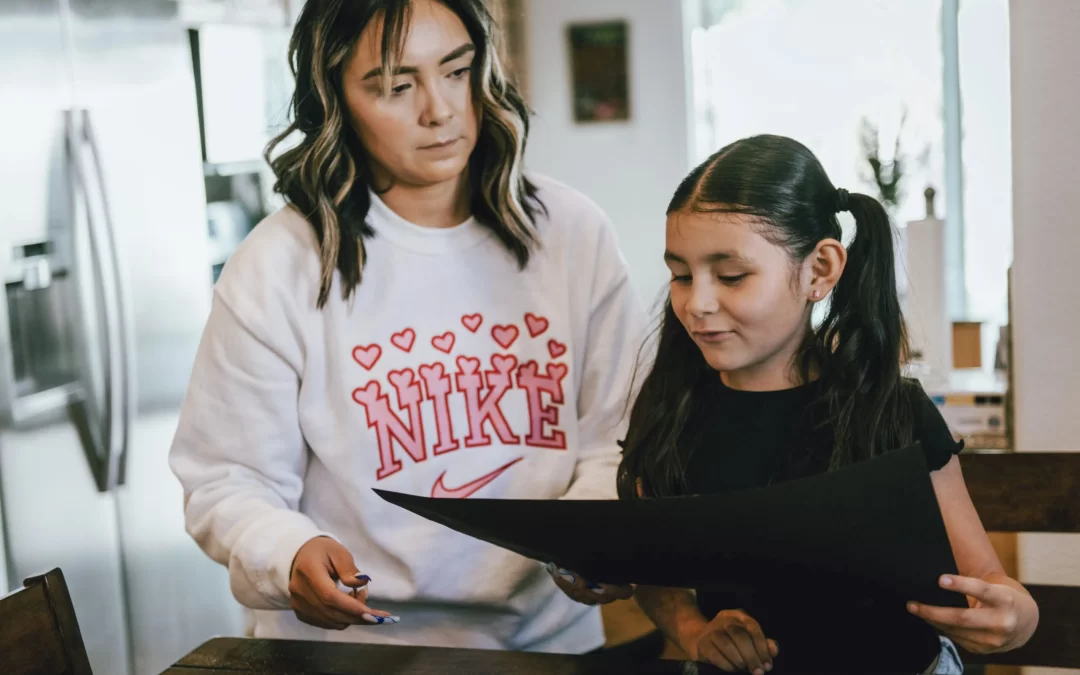What you should you do when your child lies? Here are 6 important points to keep in mind.
1. Don’t overreact! I know this is a tough one parents, but take a deep breath, and do not get angry that they lied, respond with shock, or have an overly-dramatic response.
2. Label the truth. if a child is young, explain the inconsistencies, like how you see chocolate smeared all over their mouth so maybe they really did eat that piece of chocolate cake. You can also take them to the mirror so they can see it and that may prompt them to come clean and tell the truth.
3. Get to Why. Why did they tell the lie? As children get older, they will be able to explain that they lied because they wanted to look good in front of their grandparents or friends, they wanted attention, or they just didn’t want to get in trouble. Figure out the motivation and teach them how to address it without lying.
4. Humanize it. Children don’t want to feel bad about themselves and so they don’t want parents to know that they lied. When parents can help children understand that everyone lies from time to time, but the important thing is actually what you do after you lie. By having this conversation, children realize that they can still feel good about themselves even after they lie but do the brave thing, telling the truth.
5. Praise the Truth. Tell them it’s really courageous, to tell the truth. It’s easier to lie but it’s really brave when someone comes forward and tells the truth. Connect this back to positive character traits how telling the truth means you are brave, courageous, and trustworthy.
6. Discuss the consequences ahead of time. Children often lie because they don’t want their parents to have an outburst and they don’t want to get into trouble. I always tell my children they will get in less of a consequence if they tell the truth because I know they are doing a brave thing by telling the truth. Whenever they want to tell the truth, they always start with “Remember how I’m going to get in less trouble…” When they tell the truth, we typically come up with the consequence together and it always involves a conversation about why it happened and what to do next time.

